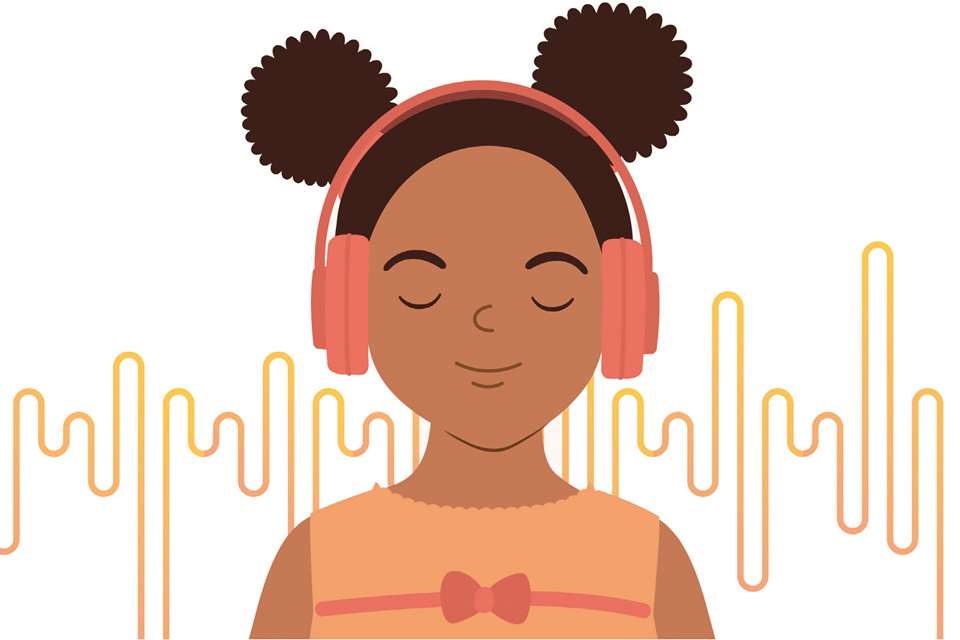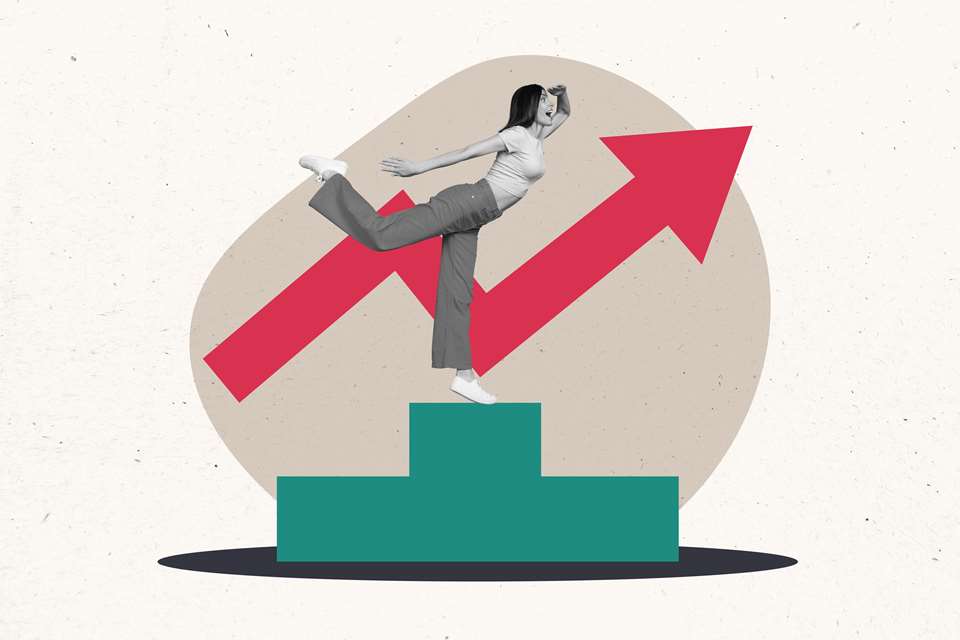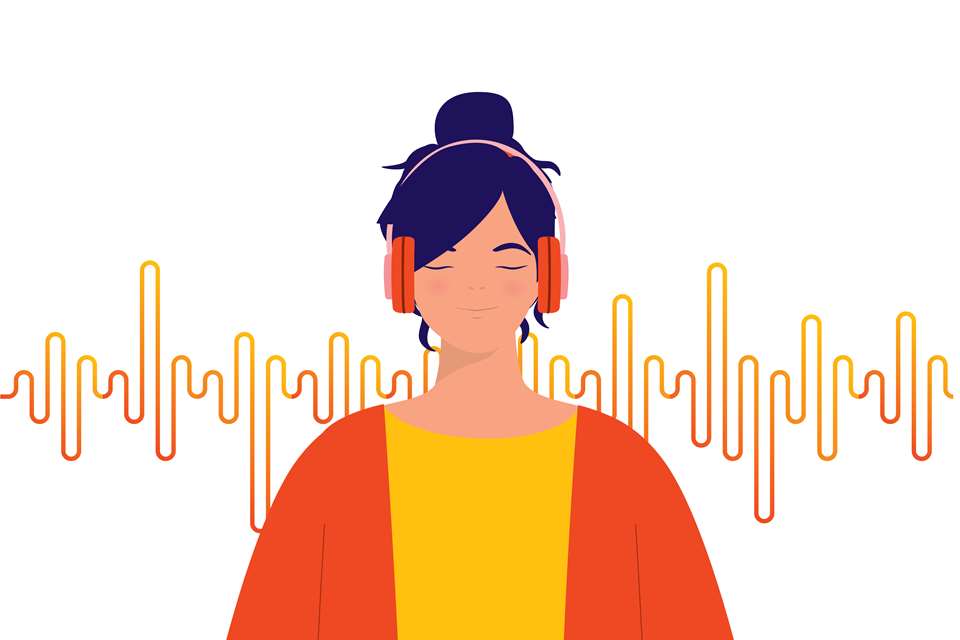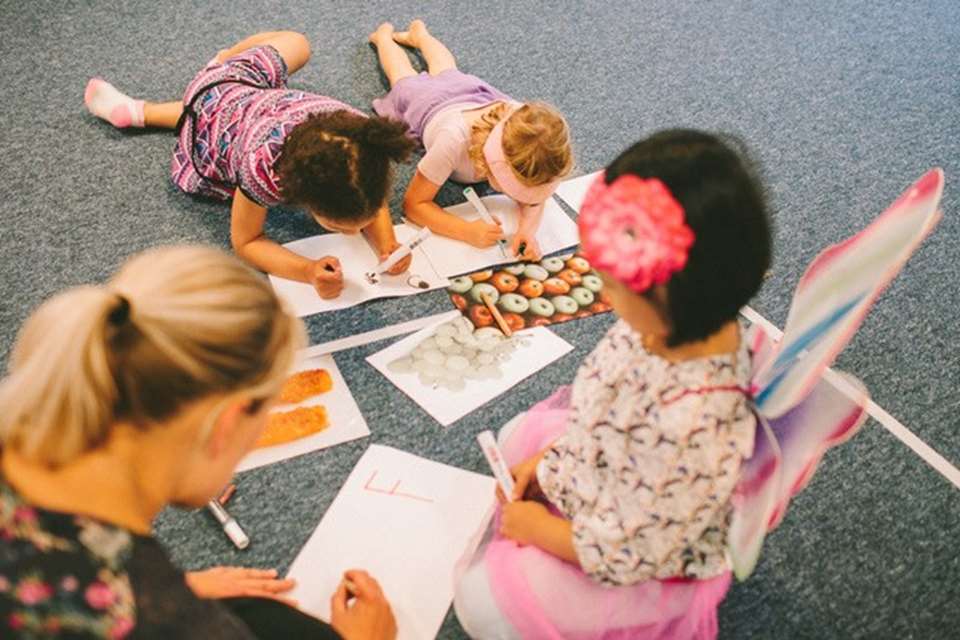Mental health and wellbeing column: breathing exercises
Emma Hutchinson
Sunday, October 1, 2023
Emma Hutchinson, Founder of Music House for Children, takes the opportunity of a new academic year to focus on breathing as part of wellbeing and managing personal health.
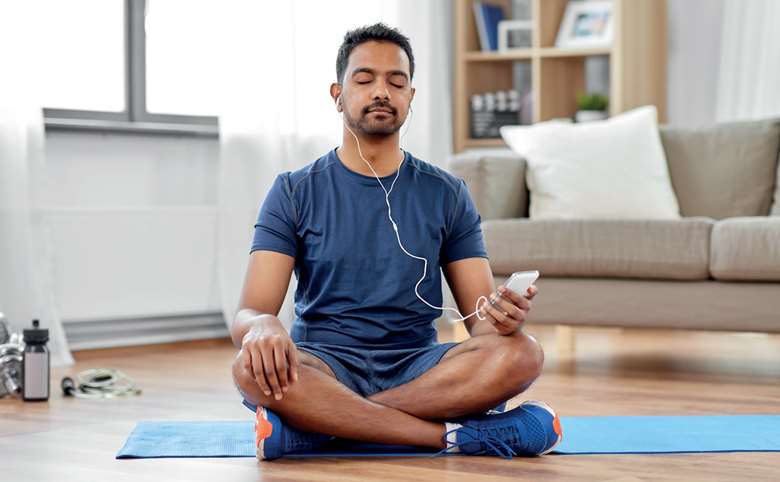
Adobe Stock / SYDA Productions
What are you doing now? Is your breathing helping you? We all need air to survive. Proper breathing, however, is often neglected, or not seen as anything more than a necessary function of life. In our busy, often complex professional lives, breathing can be significant for our personal wellbeing, and also the quality of playing and teaching. Breathing exercises can be a useful ally in engaging with your audiences, pupils and peers.
Teaching and performing involves a huge range of activities with associated pressures to deliver. Freelancers multi-task in a whole range of settings, and all teachers prepare weekly reports, answer emails from senior leaders, and plan termly diaries, budgets and resources. Are you feeling that familiar sense of panic as the extent of your workload spans to the distant horizon?
A good place to start is to take a deep breath. Having a short daily routine can help you achieve far more than you might imagine. As a busy teacher, allowing yourself a moment to take conscious, slow, deep breaths will help you stay in touch with yourself, enjoy a moment of silence, feel a sense of personal space and get a realistic perspective of your tasks. Breath reenergises your thoughts, connects your brain with your body, and brings a little calmness into your life.
Finding ‘airtime’
Breath and breathing are a music educator’s shadow and can support instrumental teaching and learning. They improve posture, embouchure, dynamics, technique, sound and embellish the aesthetics of music and release tension. Yet most of us neglect to support ourselves in this way.
Putting ‘airtime’ into your daily routine could benefit you on a personal and professional level. And you don’t need to sign up to an intensive course! Here are some approaches to consider (based on personality and schedule):
- Alexander Technique: a useful approach in rebalancing the body and mind to overcome stress, anxiety and blocks. It is particularly helpful for musicians working in education and performance with constant pressure to achieve outstanding results. The combination of physical and psychological strategies encourages participants to take charge of their own learning and healing.
- Mindfulness: an ancient approach going back 2,500 years, that brings body and mind together by being in the present moment through conscious breathing and retaining an open, exploratory focus. Mindfulness is particularly useful for musicians who feel isolated or struggle to declutter.
- Yoga: a fantastic option for getting in touch with the breath to aid muscle relaxation, increase energy levels and reduce anxiety. Practising a breathing exercise for just five minutes a day will make a positive difference to how you impart calmness into your teaching and classes.
- Dalcroze Eurhythmics: this views the body as an intermediary between sound and thought, using the breath combined with improvisation using musical components such as rhythm, phrasing patterns, note-values and meter. It awakens the inner ear and brings the body and mind together as a unifying, synergised whole. ‘Listening’ through the body helps to reduce over-thinking and is especially helpful in connecting musicians to multisensory processes.
Music as healer
Whether or not you adopt any of the above, it’s worth reminding ourselves that it is the language of music that invites us to take stock and to empty our minds of clutter. Practise the following acronym out loud when you have five minutes:
Pause Rest Adagio Measure
Now, put this article down and be still. Breath in; pause; then breathe out slowly. Feel tension slip away through the floor and out into the air around. Giving yourself the space to enjoy a moment of stillness is harmony for all concerned. And if you do find the time to read, try Breath by James Nestor, a fascinating overview.
-
mind.org.uk/information-support/drugs-and-treatments/mindfulness
-
himalayanyogainstitute.com/9-yogic-breathing-practices-mind-body-balance-healing
-
Nestor, J. (2021)Breath: The New Science of a Lost Art. Penguin



